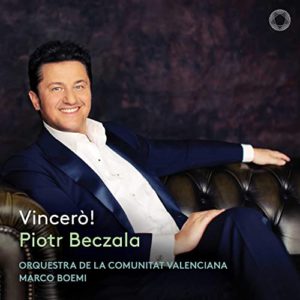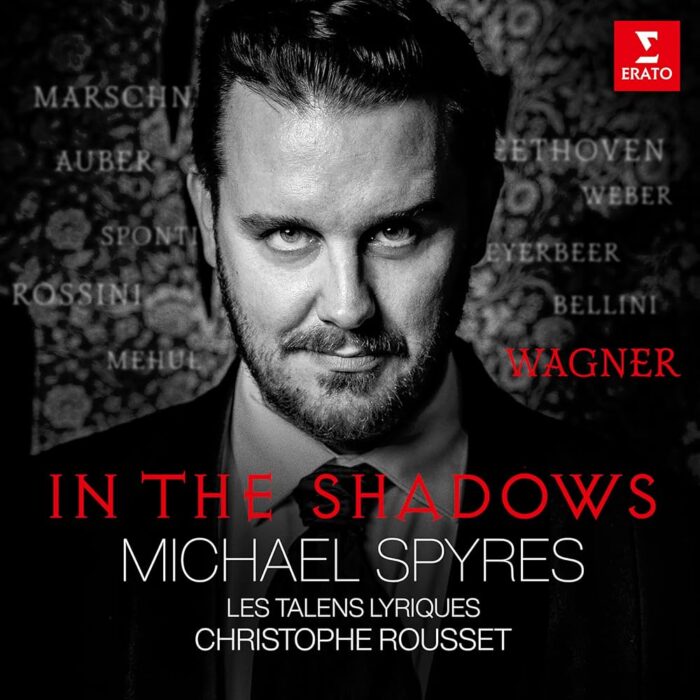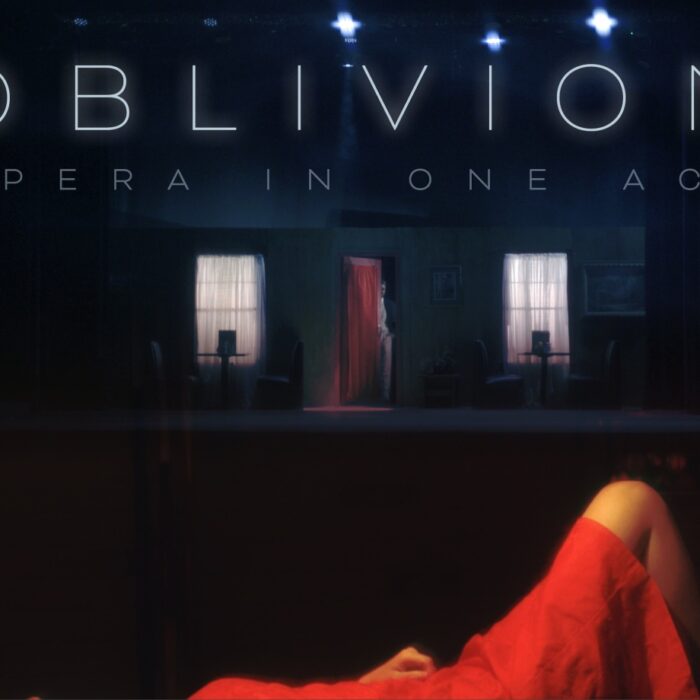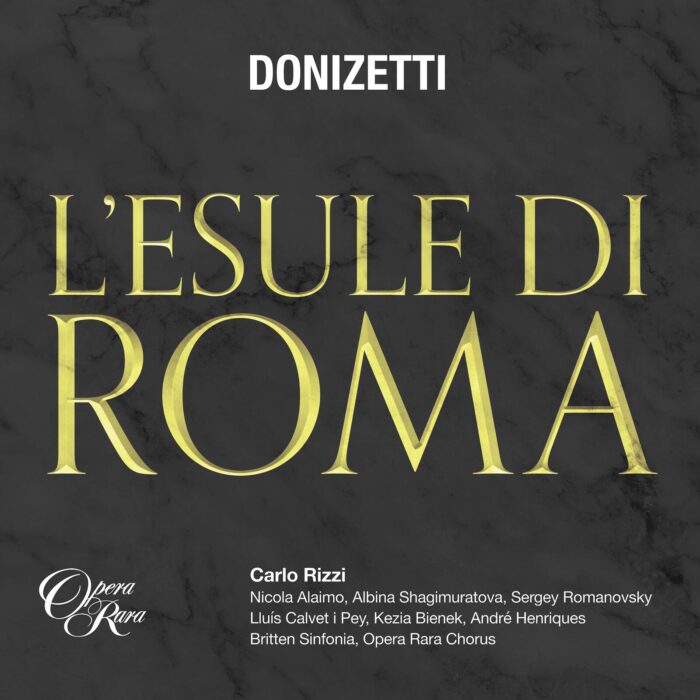
CD Review: Piotr Beczała’s ‘Vincerò’
Piotr Beczała Leaves Major Mark on Verismo Repertoire
By Bob DieschburgWhether it is a brand new Ferrari or a Rolls Royce cabriolet – the relationship between star singers and their cars has always been something of an amour fou. Piotr Beczała is no exception and the Polish tenor drives a sleek and elegant Jaguar XK150 which, in general terms, might well serve the description of his voice.
Timeless, and equipped with a generously flowing tone, it has allowed him to assimilate every major role in the lyric repertoire. “Vincerò” marks the next step in this formidable career and with its diverse cast of characters makes for a very solid transition into verismo opera.
Verismo Mainland
Besides Cavaradossi and Maurizio from “Adriana Lecouvreur,” Beczała has no stage experience in the roles of his new album and one senses a lack of dramatic insight if not hesitation in their most strenuous parts. Take for example the heart-wrenching music of “Vesti la giubba.” Starting with the arioso there are fortissimo cries which Beczała packs into broad phrasing and clean legato that is nevertheless short of some die-hard excitement. Knowing his limits, he is careful not to overstretch the voice at any time.
The same could be said about the declamatory force of poet Andrea Chénier whose “Improvviso” has been a tenor favorite since the early days of acoustic recording. Beczała’s is a fine though unremarkable reading from which the urgency of the patriot is strangely absent.
And yet there is a charming quality to his following the melody which makes for an effortless and very suave listening experience; or – to bring up an old stereotype – the more he conceals whatever artifice or technical labor it takes, the more one grows fond of Beczała’s art.
This degree of sophistication serves him well and singing the arias from “Edgar” and “Tosca” he delivers a true masterclass in tone production and chromatic nuance. In “Orgia, chimera,” for instance, the ascending lines combine with a subtle use of the mezza voce that brings to life the Romantic sentiment of this 1888 composition.
Most surprising to the present listener is the apparent ease of Beczała’s singing the heavier roles like Prince Calaf and Dick Johnson. For the latter’s showpiece, he needs to rely on a steady technique and evenness of vocal registers that take him to the lower end of the tessitura. His “Ch’ella mi creda” is superb and one regrets that Marco Boemi did not decide to record the orchestral prelude and arioso as well.
To such display of control the impetuous “Brindisi” and finale from “Cavalleria Rusticana” do not compare well. Intonation seems rather out of place and there is a good deal of scooping in Turiddu’s praising the Sicilian wine. That the combined forces of chorus and orchestra seem too distant adds more problems from an engineering perspective.
Primus Inter Pares?
If only a glimpse into whatever live engagement may follow, the album leaves little doubt as to the musical affinity between Beczała and Puccini.
Far from being impartial to its aesthetics Puccini’s writing bears more lyrical inflections than is customary for the verismo mainstream and it is in his operas that the tenor is likely to find a new fixture of his developing repertoire.
What is more the Polish singer is not shy of competition and by naming his album after the operatic anthem per se makes a powerful statement: “Nessun dorma” with its threefold repetition of “Vincerò” may be the greatest test for any contender to the throne – and Piotr Beczała is right up there.
Categories
DVD and CD Reviews

